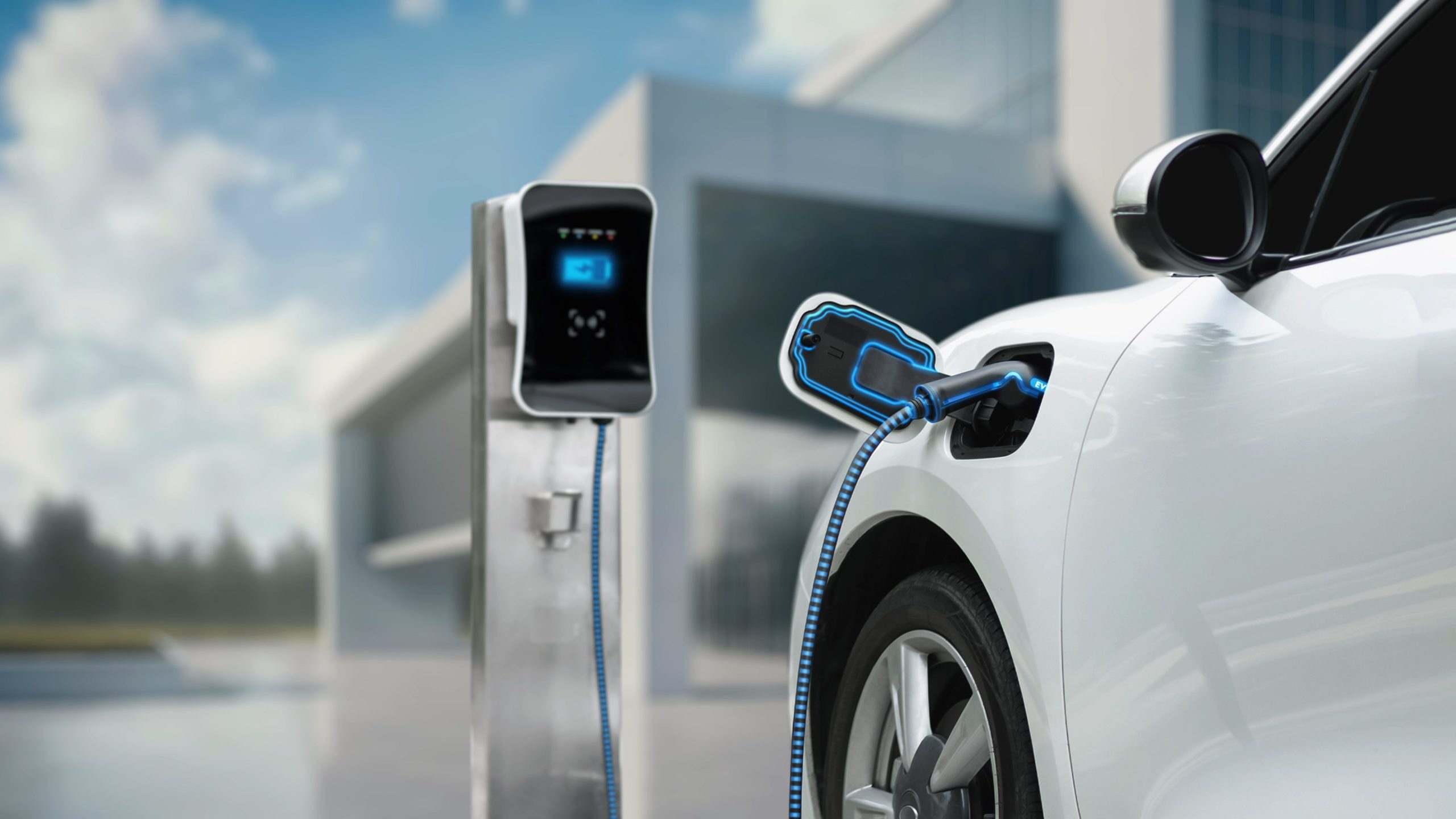The evolution of automobiles, from 1800s steam-powered vehicles to today’s electric vehicles (EVs), reflects American innovation. The transition to EVs has gained momentum, with a record 1.2 million EVs purchased in 2023 and rising sales in 2024. This shift is crucial given the transportation sector’s status as the largest contributor to greenhouse gas emissions in the U.S., a driver of climate change and public health issues. However, despite this progress, many automakers remain slow in adopting EV technology, undermining efforts to curb vehicle pollution.
Some major automakers are scaling back EV plans, further complicating the transition. General Motors (GM), for instance, recently reversed its ambitious goal to produce one million EVs by 2025, postponing its transition to all-electric vehicles. Additionally, GM halted production of the popular and affordable Bolt EV. Other manufacturers, including Ford, Volvo, and Toyota, are similarly delaying their commitments to electrification. These delays are partly motivated by political uncertainties, as some companies await the outcomes of elections, hoping for policies that may favor traditional gas-powered vehicles. Such hesitations reflect short-sightedness, given the urgency of addressing climate change.

The climate crisis demands immediate action from automakers. Delayed transitions to EVs jeopardize environmental progress at a time when bold steps are necessary. Organizations like the Sierra Club are advocating for comprehensive transportation solutions to curb emissions, such as promoting public transit, biking, and affordable EV car-sharing programs. Automakers, however, hold a significant responsibility to scale EV production and align their efforts with the global need for climate solutions.
Policy advancements in recent years have bolstered the transition to EVs. The Biden administration implemented stricter vehicle standards, reversing Trump-era policies, while California set stringent guidelines for EV adoption in states with poor air quality. Federal investments through the Bipartisan Infrastructure Law and Inflation Reduction Act have further accelerated progress, providing incentives to EV buyers and funding the expansion of EV manufacturing and charging infrastructure. These measures have encouraged EV adoption, with hundreds of thousands of drivers benefiting from tax credits and contributing to reduced emissions.
American automakers must embrace their role in this critical transition, transcending short-term political considerations. Electric vehicles represent a crucial investment in the future, addressing climate challenges while sustaining the nation’s legacy of innovation. The path forward requires automakers to honor their commitments to electrification, ensuring that the auto industry supports both environmental sustainability and technological progress for the benefit of current and future generations.

